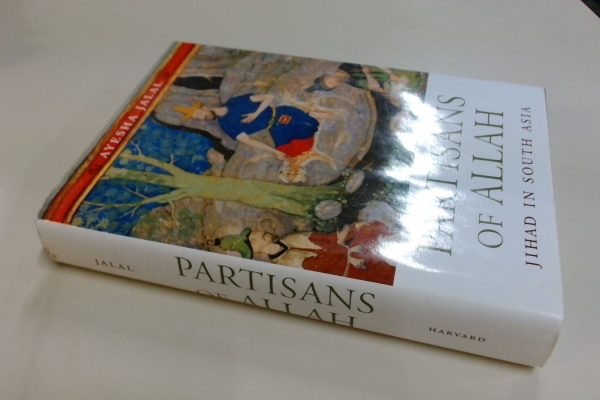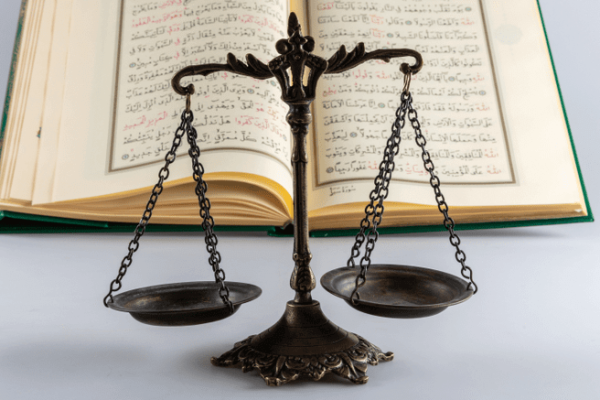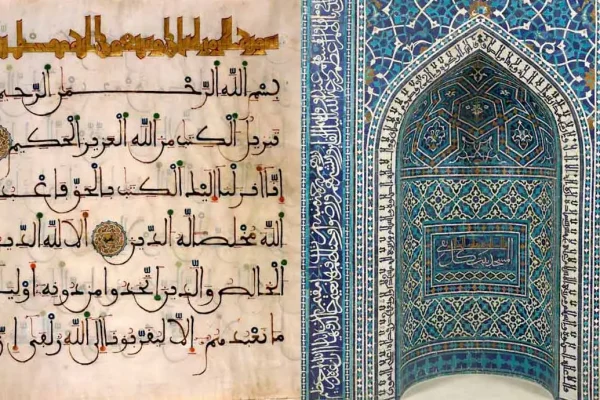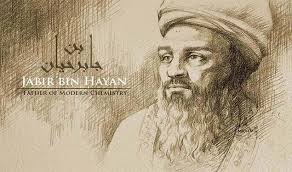
Surah An-Naas and Seeking Refuge in Allah
Surah An-Naas teaches us to seek refuge in Allah, recognizing Him as the ultimate Lord, King, and God. It emphasizes the importance of submitting to His commands and living by His guidance, rather than being swayed by the false promises of worldly systems. By entrusting our lives to Allah and living according to His divine principles, we attain true peace and security, free from the anxieties and deceptions propagated by capitalist, socialist, and secular ideologies.















